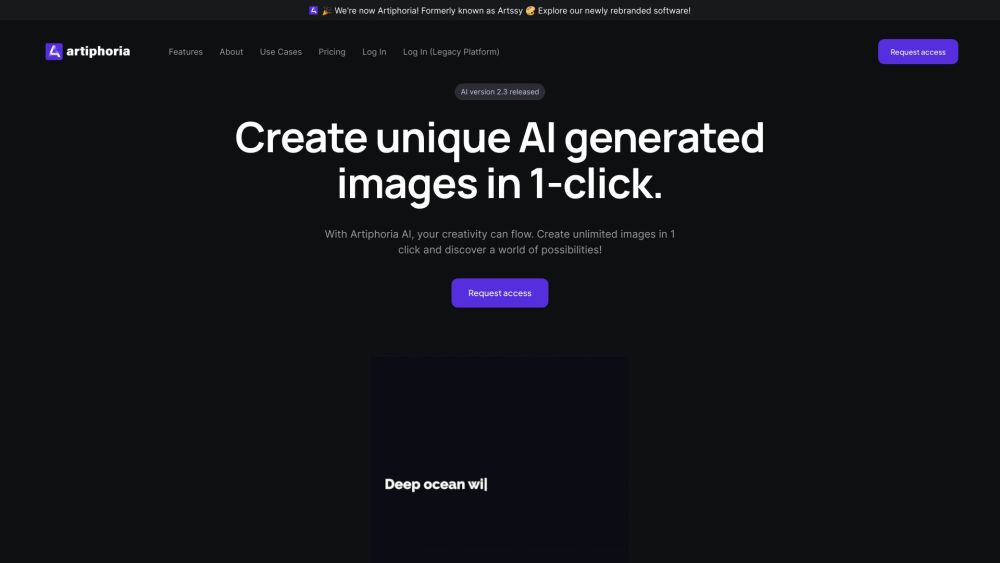**Industrial Generative AI Breakthrough: Quantum-Enhanced Drug Discovery for Cancer Treatment**
Zapata AI, an innovative force in industrial generative AI, recently made headlines by utilizing quantum hardware to generate promising candidates for cancer drugs, marking a significant milestone as it surpasses classical modeling techniques for the very first time. This remarkable achievement emerged from a collaborative effort that included Insilico Medicine, the University of Toronto (UofT), and St. Jude Children’s Research Hospital.
The focus of this groundbreaking research centered on creating new inhibitors for the KRAS protein, which is one of the most frequently mutated proteins found in cancer and has long been considered “undruggable.” In a comprehensive study, the team employed generative AI to produce a staggering one million potential drug candidates from each of their platforms—classical, quantum, and simulated quantum hardware. The quantum computer deployed in this endeavor was a sophisticated 16-qubit device from IBM.
After generating these candidates, they underwent a rigorous evaluation process that combined algorithmic filtering with human expertise. Ultimately, the researchers synthesized 15 selected molecules, of which the two candidates generated by the quantum-enhanced model exhibited unique characteristics that set them apart from existing KRAS inhibitors, showing superior properties compared to their classical counterparts.
Yudong Cao, the Chief Technology Officer and co-founder of Zapata AI, expressed enthusiasm about the collaborative achievements, stating, “This project illustrates how quantum and classical computing can work hand in hand to create a complete solution.” He further emphasized the strength found in the partnership between Zapata, UofT, St. Jude, and Insilico, recognizing the potential of their collaborative ecosystem to drive significant advancements in medical research.
Looking ahead, Cao is eager to continue pushing this groundbreaking research further through the drug discovery pipeline, exploring the application of their innovative methodologies to other disease targets. He also envisions extending the reach of their quantum-enhanced generative AI to tackle various industrial challenges requiring complex design solutions.
Alán Aspuru-Guzik, a professor of chemistry and computer science at the University of Toronto, as well as a co-founder and scientific advisor at Zapata AI, shared his excitement regarding the integration of quantum computing into drug discovery. “The potential of AI and quantum computing for discovering new drugs and materials has always inspired me,” he stated. “It’s thrilling to observe how we are beginning to incorporate quantum computing modules into the drug discovery process. Successfully identifying a new compound to inhibit KRAS is a significant step forward. While everything we accomplished here could theoretically be achieved with classical computers, this research lays the groundwork for future quantum computers to showcase their extraordinary capabilities. It opens the door for researchers worldwide to enhance this pioneering experiment.”
The implications of this research suggest a bright future for hybrid quantum generative AI in drug discovery, especially in the context of utilizing today’s advanced, noisy intermediate-scale quantum (NISQ) devices. As the technology continues to evolve, the possibility of unlocking effective treatments for challenging diseases becomes increasingly tangible, paving the way for innovative solutions in modern medicine.




